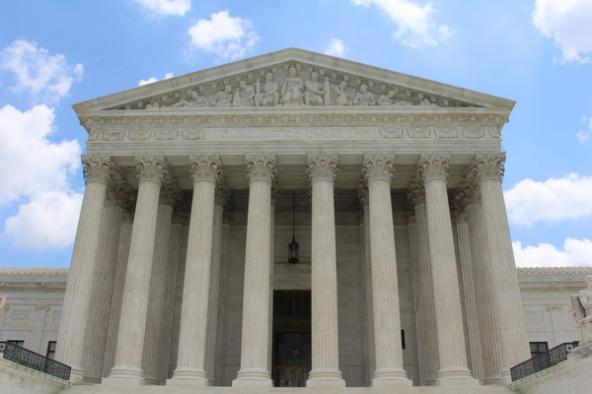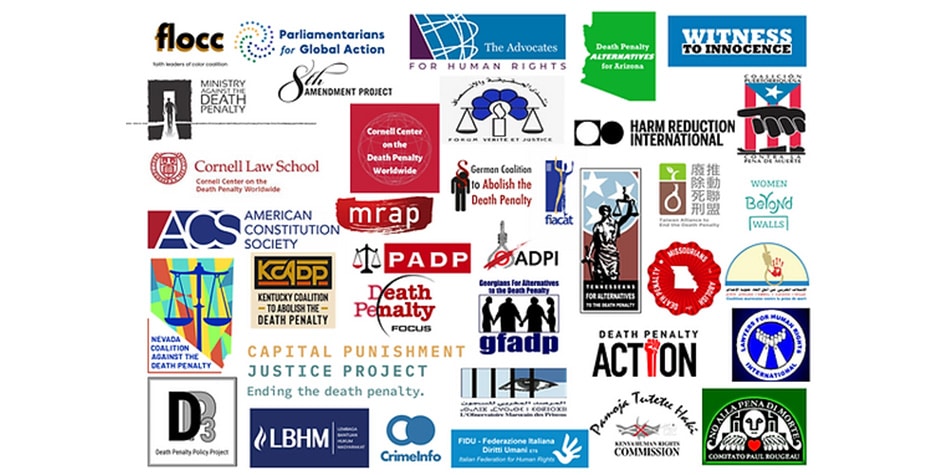
US Federal Executions Resume
It has been 17 years since the United States decided on a de facto moratorium on federal executions, which can be carried out only for certain federal criminal offences. This moratorium, however, ended in July. Attorney General William Barr ordered the resumption of federal executions beginning July 25th, 2019 – the first ones to be carried out since 2003. Just one year later, on July 14th, 2020, the Trump Administration put Daniel Lewis Lee to death by lethal injection after many judicial twists and turns. In the end, three federal executions were carried out in the same week.
In the early hours of July 14th, the United States Supreme Court finally ruled 5-1 to overturn a federal court’s decision that ordered to stay Lee’s execution – this court had argued that the product used to kill him may cause great suffering. In an interview with The Associated Press, William Barr explained that his Department has a duty to lead all sentences to completion on behalf of the victims. The World Coalition Against the Death Penalty and the abolitionist community strongly oppose such an argument, given that capital punishment offers neither closure nor a sense of justice. Among the parties who called for a federal court stay of Lee’s execution also included family members of Lee’s victims, who rather asked judges to sentence him to life imprisonment. The death penalty is a cruel punishment that only creates suffering as Daniel Lewis Lee’s attorney revealed in her testimony: “Over the four hours it took for this reckless and relentless government to pursue these ends, Daniel Lewis Lee remained strapped to a gurney: a mere 31 minutes after a court of appeals lifted the last impediment to his execution at the federal government’s urging, while multiple motions remained pending, and without notice to counsel, he was executed.”
Two days later, Wesley Purkey was also executed after a court of appeals refused to hear his claim, mentioning that his lawyers engaged in “procedural gamesmanship” by filing for appeal in several courts. The next day, the administration gruesomely carried out a third federal execution by killing Dustin Lee Honken. A fourth execution is scheduled to take place by the end of August.
The end of the federal moratorium is a terrible ordeal for the abolitionist trend in the United States, which is the only State in the Americas that continues to conduct executions. Federal executions are contrary to the promising progress the United States made in 2019 after New Hampshire abolished the death penalty and after the Governor of California established a moratorium within the US State with the biggest death row population. This positive trend towards abolition then continued in 2020, after Colorado abolished the death penalty in March, making it the 22nd State to repeal capital punishment.
The way federal executions resumed does echo to the 2020 World Day Against the Death Penalty, which the World Coalition has dedicated to the right to effective legal representation. Enjoying legal representation at all stages of criminal proceedings – until the very last claim before the Supreme Court, for instance – is a fundamental right. Wesley Prukey, 68, executed on July 16th, had been diagnosed with Alzheimer’s and, according to his lawyers, did not understand why he had been sentenced to death. The technical nature of the numerous judicial claims that put Lee’s final moments on hold only makes this right more vital.







